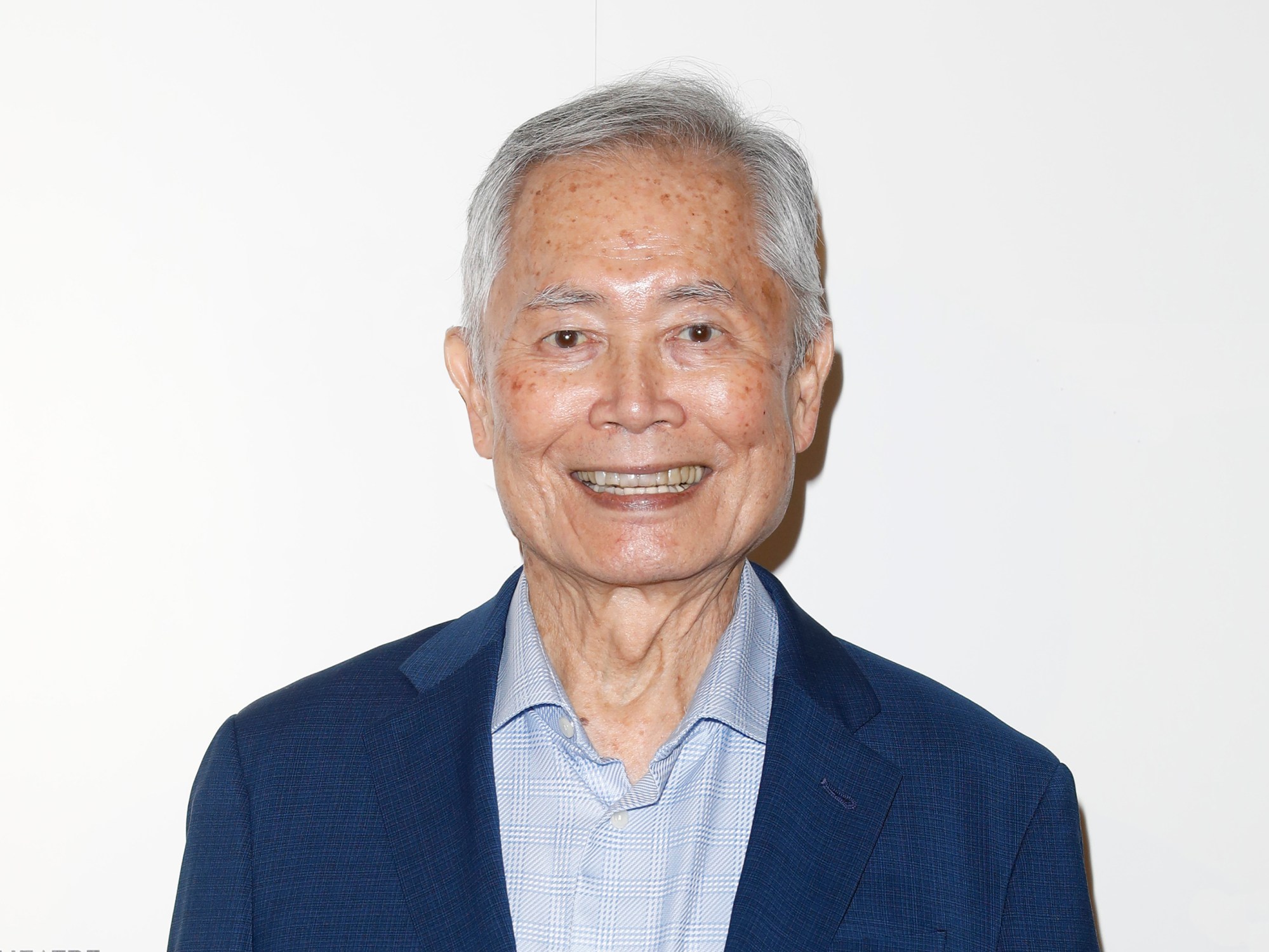
- Television
George Takei, From University to “Star Trek”
“After a year of imprisonment and impoverishment – because they took everything from us, the government comes down with a loyalty questionnaire demanding loyalty.”, Takei told the HFPA in an exclusive interview with Brent Simon.
“It was preposterous. One of the questions that would turn all camps into turmoil was, “will you bear arms to defend the United States of America?” This was asked of my mother, our baby sister was now a toddler, I was by that time six years old, my brother was five – she was being asked to abandon us and bear arms to defend the country that’s imprisoning her family. It was preposterous. It was very poorly thought out.”
Born in Los Angeles in 1937 to Japanese parents – his father was born in Sacramento, California, and in his mother in the Yamanashi’s Prefecture, Japan. Takei was named Hakei Hosato – his father, however, changed his name to George Takei, in honor of King George VI of the United Kingdom, who took the throne shortly after Takei’s birth.
The end of the internment left behind hardship for an immigrant family with no support. Two members of the Takei family who lived in Hiroshima died during the bombing. The tragedy was already a nightmare. Add to it the fact that and Los Angeles had meager options to house the poorest families. Only a few areas in downtown had space to accommodate Japanese families.
The impulse that sent George Takei towards the stardom was his interest in story. “In Japanese literature, there is a genre called Kaidan, which is a collection of ghost tales”, Takei said. “So we take our inspiration from that and also from the horrors of the internment and we amplify and intensify that horror by fusing the ghost tales. And there were people in the internment camp that held superstitions, but superstitions become real in how we lived them and so that is there to intensify the horror of the internment camp, spirits, evil spirits that harm a community.”
Takei attended Mount Vernon Junior and High School, graduated with honors, was the Senior Board President of the school, was a member of the Boy Scout Troop 379 of the Koyasan Buddhist Temple in Downtown Los Angeles, and enrolled in the University of California, Berkeley to study architecture. Four years later Takei earned a Bachelor of Arts in theater from the Institute at Stratford-Upon-Avon in England.
The road was open – the studies pointed to acting at the highest level, and Takei embraced the possibilities with enthusiasm.
Work opportunities came fast. He did voiceover work dubbing Japanese movies in English as well as getting cast in small parts in movies starring Frank Sinatra, Cary Grant and James Caan, Richard Burton. He also starred in some Jerry Lewis comedies.
In 1965, TV producer Gene Rodenberry sent George to the Final Frontier, first, as Sulu, the second pilot of his new creation, Star Trek
For decades, Takei mostly played the role of Sulu, but, as he says, “I’m an actor, we have egos, we respond to that.” A devoted activist in support of gay rights – and a committed husband to his partner of 18 years, Brad Altman, at 86 Takei keeps going on towards new frontiers. “It’s an opportunity for me to thank them because I know that I would have been an activist without my career but Star Trek and its success, its longevity and popularity has amplified my voice, given me that opportunity to speak at these microphones and cameras and stages. But without Star Trek, I doubt if I would have that kind of huge megaphone.”

